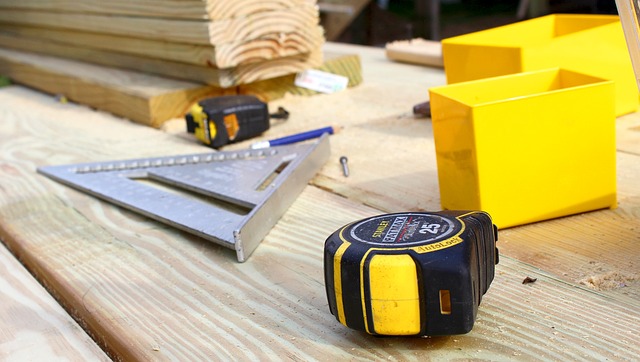If you’re old enough, you may remember Eldin the painter from the TV show Murphy Brown in the 1990s. For ten years, Eldin worked on Murphy Brown’s apartment and never seemed to finish the job—he was always there, coveralls and quips, a constant fixture.
While that’s an extreme example, it’s rooted in the real idea that having contractors in your home CAN feel like they’ve moved in—which makes it all the more important that you choose your contractors wisely. You need to find someone who is respectful of your home and open to your ideas. After all, you all will be spending some time together. Here are a few things to consider in making this important choice.
- Process. We recently posted about the difference between a Design Builder and the Design, Bid, Build process. Essentially, it boils down to how the designer and builder work together (or don’t work together). A Design Builder is a single vendor with designer/architect and construction contractors working together under one roof; Design, Bid Build (DBB) involves multiple companies for each stage. DBB can be less effective at controlling costs and anticipating problems.
- Communication. Your contractor should be proactive in ensuring all communication is in writing and all agreements settled. They may help you identify a “communications hub” in your home where all written communication is handled, such as a kitchen table. Good communication also means that getting someone on the phone when you have questions or concerns should be easy and reliable. Lastly, a good contractor will offer you daily updates by email, text or phone, according to your preference.
- Trustworthiness. Quality contractors build relationships just as carefully as they build everything else. Background checks performed by the general contractor help, and their willingness to vouch for the character and manners of their subcontractors is an important signal. Another sign of trustworthy work is when it comes with a quality warrantee program.
- Control of the project. This means your contractor needs to be open and clear in sharing information. While a good contractor will share experience and suggest ideas, it’s your vision that should be the guiding principle and the contractor should respect that. You should also not feel pressured to sign a contract before you’re satisfied that the project will go as you expect it.
- Reviews, references and visibility. Online reviews are an important thing to check, but that’s only the beginning. A good contractor doesn’t need an expensive, flashy website, but he should have a visible online presence with current information and a physical address and contact information. The contractor should be willing to share their credentials and BBB ratings, and offer references from previous clients. Of course, the best references are from trusted friends and family members, so ask them too. Great contractors build business through word of mouth more than anything else.
- Paperwork matters. When you get close to a selection, check off every box with these details:
- Get copies of the contractor’s business license and insurance.
- Look at the quoted price with an eye toward material quality and contractor skill. Good contractors will likely not be the cheapest, but the cost/benefits balance should be clear.
- Look for detailed formal contracts that define all expectations, including budget, timing and payment schedule. Any changes or adds due to unforeseen circumstances should come with a formal change order that you approve.
- The contractor should secure all necessary permits and share them with you.
- A lien waiver stating that the contractor has paid all subcontractors should be issued, releasing you from any liability or encumbrance due to any financial issues.
- Respect for your home. A good contractor will let you know when to expect workers and materials to arrive, ask before using your bathroom or arranging a portable bathroom, and clean up at the end of each workday. They will be respectful of your property, moving belongings carefully when necessary and erecting dust barriers and floor cover to protect other parts of the home.
So, at the end of the day, selecting a good contractor really IS a lot like selecting a new roommate. You need to know if they are respectful, responsible and able to hold up their end of the bargain. Because of this, don’t be surprised if it takes some time to book your initial consultation—sometimes two weeks or longer—and may even be asked to pay a design fee up front. Good contractors are always busy, and their skills are worth it.
With these criteria in mind, you’ll be satisfied with the final product and the investment you’ve made in your home—and, with any luck, you will have your workers out the door in much less than ten TV seasons.

